Introduction
The software industry has undergone significant changes in recent years, thanks to the emergence of artificial intelligence (AI). AI is transforming the way software is developed, tested, and deployed, making it faster, more accurate, and more efficient. In this article, we will explore the future of the software revolution with artificial intelligence and discuss how AI is changing the software industry.
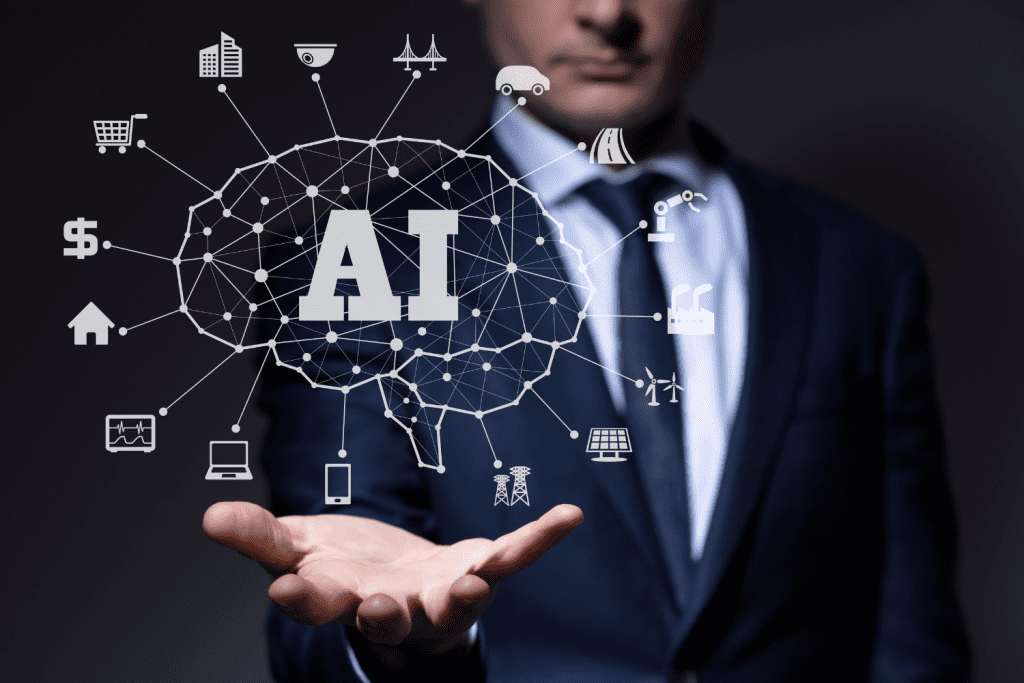
The Benefits of Using Artificial Intelligence in Software Development
AI has several benefits when it comes to software development, including:
Enhanced Speed and Efficiency
Artificial intelligence can bring enhanced speed and efficiency to software development in a number of ways. AI-powered tools can automate repetitive tasks, such as testing and debugging, freeing up developers to focus on more complex and creative work. Additionally, AI can help identify potential coding errors and vulnerabilities, reducing the risk of bugs and security breaches. AI algorithms can also analyze large amounts of data to identify patterns and insights that can inform software design and development decisions. Overall, the use of AI in software development can lead to faster, more efficient, and higher quality software products.
Improved Accuracy and Quality
Integrating artificial intelligence (AI) into software development processes can significantly enhance accuracy and quality. AI algorithms can analyze and interpret vast amounts of data, enabling developers to identify potential issues early on and make informed decisions. This can lead to more efficient development cycles and ultimately result in higher quality software that meets user needs.
Automated Code Generation by Artificial intelligence
There are several benefits to using artificial intelligence in software development, including automated code generation. AI-powered tools can analyze code and generate new code based on patterns and rules, which can save time and reduce errors. This can be especially useful for repetitive tasks, allowing developers to focus on higher-level tasks that require human creativity and problem-solving skills. Additionally, AI can help improve the quality of code by identifying potential bugs and suggesting fixes. Overall, incorporating AI into software development can lead to increased efficiency, productivity, and better quality code.
Intelligent Debugging
One major benefit of using artificial intelligence in software development is the ability to leverage intelligent debugging techniques. AI-powered debugging can automatically identify and diagnose issues in code, saving developers time and improving the overall quality of the software.
Personalized User Experience
AI can analyze user data to personalize the user experience, improving user engagement and satisfaction. This can help businesses to build strong relationships with their customers and gain a competitive advantage.
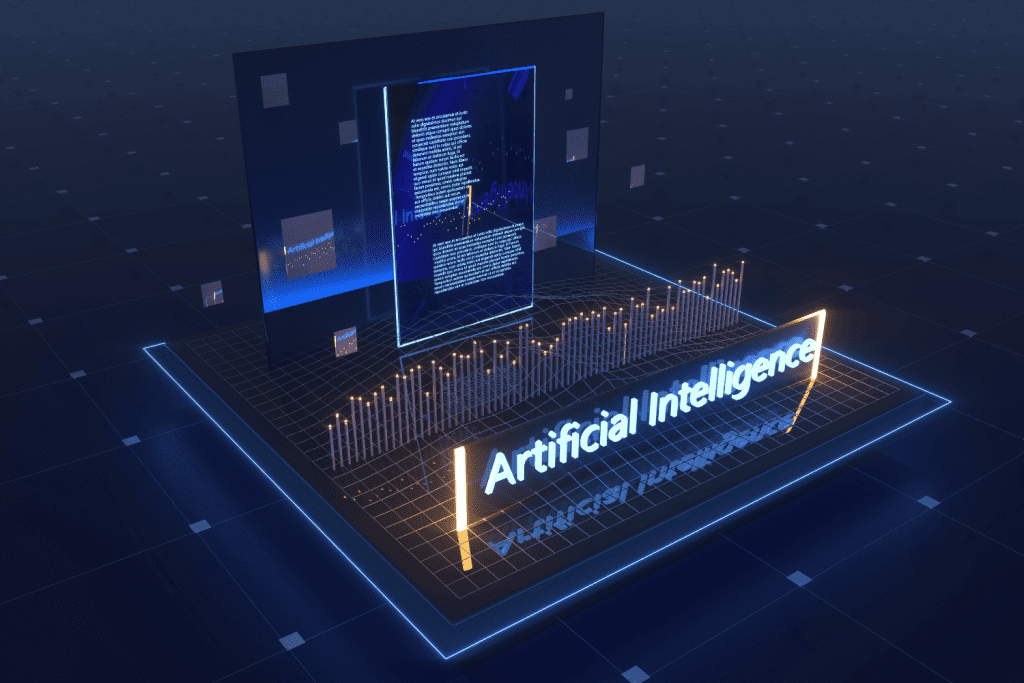
The Challenges of Using Artificial Intelligence in Software Development
While AI has several benefits when it comes to software development, it also comes with several challenges. Some of the challenges of using AI in software development include:
Data Privacy and Security Concerns
AI relies on data to function, but this data can be sensitive and needs to be protected. Developers need to be aware of data privacy and security concerns when using AI in software development.
Limited Access to Data
AI requires a large amount of data to function effectively. However, some organizations may not have access to the data they need, making it difficult to use AI in software development.
Integration with Legacy Systems
Integrating AI with legacy systems can be challenging, as these systems may not be designed to work with AI. Developers need to ensure that their AI systems are compatible with existing systems and can work seamlessly with them.
Ethical Considerations
AI can raise ethical concerns, particularly when it comes to decision-making. Developers need to ensure that their AI systems are designed to make ethical decisions and do not perpetuate biases or discrimination.
Skills Gap
AI requires specialized skills, such as machine learning and data science. There may be a skills gap within organizations, making it difficult to find qualified developers to work on AI projects.
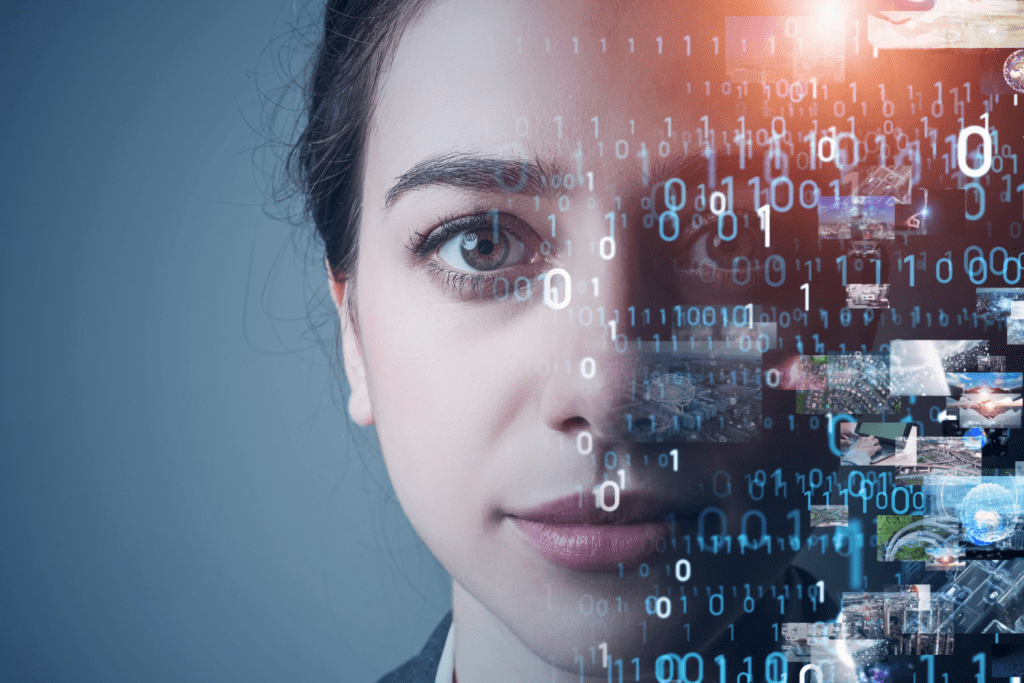
The Future of Artificial intelligence(AI) in Software Development
Despite the challenges, the future of AI in software development looks promising. Some of the trends that are expected to shape the future of AI in software development include:
Increased Adoption of AI in Software Development
More organizations are expected to adopt AI in their software development processes as the technology becomes more accessible.
Emergence of AI-Assisted Programming
AI algorithms can assist developers in writing and debugging code, leading to faster and more accurate software development.
Rise of AI-Driven Development Platforms
AI-driven development platforms, such as Amazon’s AWS SageMaker and Google’s Cloud AutoML, are also becoming more prevalent, providing developers with powerful AI tools and resources to build and deploy applications more quickly and efficiently.
Advancements in Natural Language Processing (NLP)
AI is already transforming software development, and the advancements in Natural Language Processing (NLP) are making it even more powerful. NLP allows developers to interact with code using natural language, making it easier to write and understand code. This technology can also help automate tasks such as code review and testing, ultimately increasing productivity and efficiency. The future of AI in software development looks promising as NLP continues to evolve and improve.
Increased Focus on Explainable AI
As AI becomes more prevalent in software development, it’s important to ensure that its decisions can be explained and understood. Explainable AI can provide transparency and accountability, which is essential for ethical and responsible use of AI.
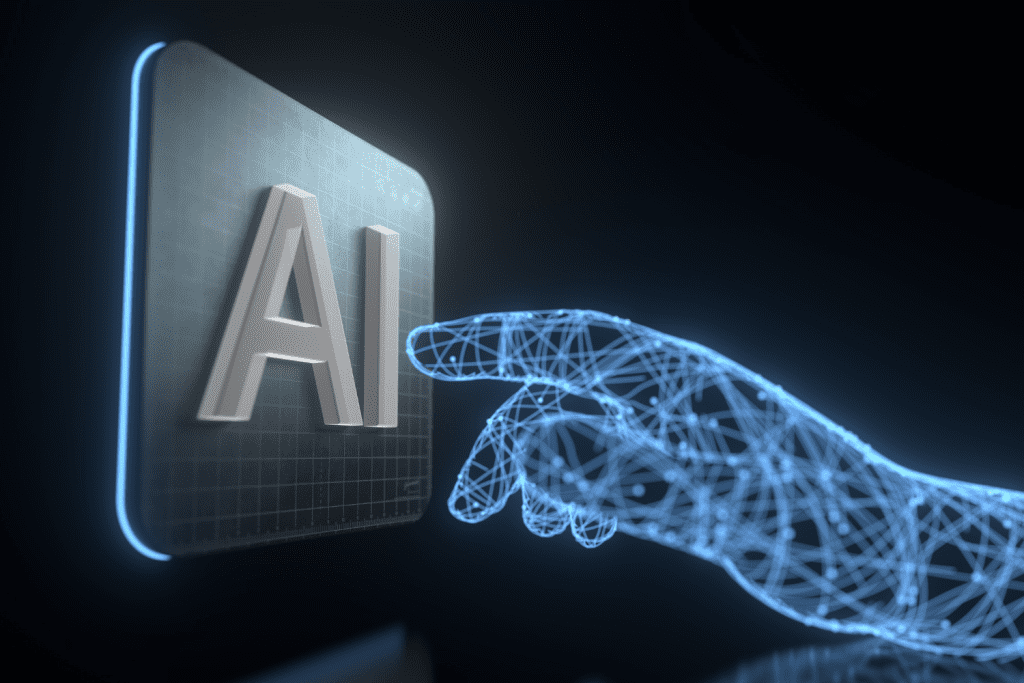
The Impact of Artificial intelligence on Software Testing
AI has revolutionized software testing by enhancing the efficiency and effectiveness of the process. The following are some ways in which AI has impacted software testing:
Improved Test Coverage
With artificial intelligence, testers can perform more comprehensive and thorough testing of software applications. AI can identify areas of the software that need to be tested, and it can simulate various user scenarios to ensure that all possible scenarios are covered. This can result in higher test coverage and better software quality.
Automated Testing
AI can automate various aspects of software testing, such as test case generation, execution, and analysis. This reduces the time and effort required for manual testing and ensures that the testing is more accurate and consistent.
Enhanced Test Case Generation
AI can generate test cases automatically based on the requirements and specifications of the software. This can save time and effort required for manual test case creation and can improve the quality of the tests.
Reduced Testing Time
Automated testing using AI can significantly reduce the time required for software testing. Artificial intelligence can result in faster software releases and reduced time-to-market.
Improved Test Results
AI can analyze test results and identify patterns and trends that may not be visible to human testers. This can help in identifying defects and issues that may have been missed during manual testing and can lead to higher software quality.
The Role of Artificial intelligence in Software Deployment.
AI has revolutionized software deployment by making the process faster, more efficient, and more reliable. The following are some ways in which AI has impacted software deployment:
Faster and More Efficient Deployment
AI can automate various aspects of software deployment, such as configuration management, deployment orchestration, and release management. This can reduce the time and effort required for deployment and can result in faster and more efficient releases.
Improved Performance Monitoring by Artificial intelligence
Artificial intelligence can monitor software performance in real-time and identify issues and bottlenecks that may impact the performance of the application. This can help in proactively addressing performance issues and ensuring that the application performs optimally.
Predictive Maintenance
AI can analyze software logs and predict when maintenance is required. This can help in identifying and addressing issues before they become critical and can reduce downtime and maintenance costs.
Enhanced Scalability
AI can automatically scale software applications based on demand. This can help in ensuring that the application can handle increased traffic and usage and can result in improved user experience.
Smarter Resource Allocation by Artificial intelligence
AI can allocate resources dynamically based on the needs of the application. This can help in optimizing resource utilization and can result in cost savings.
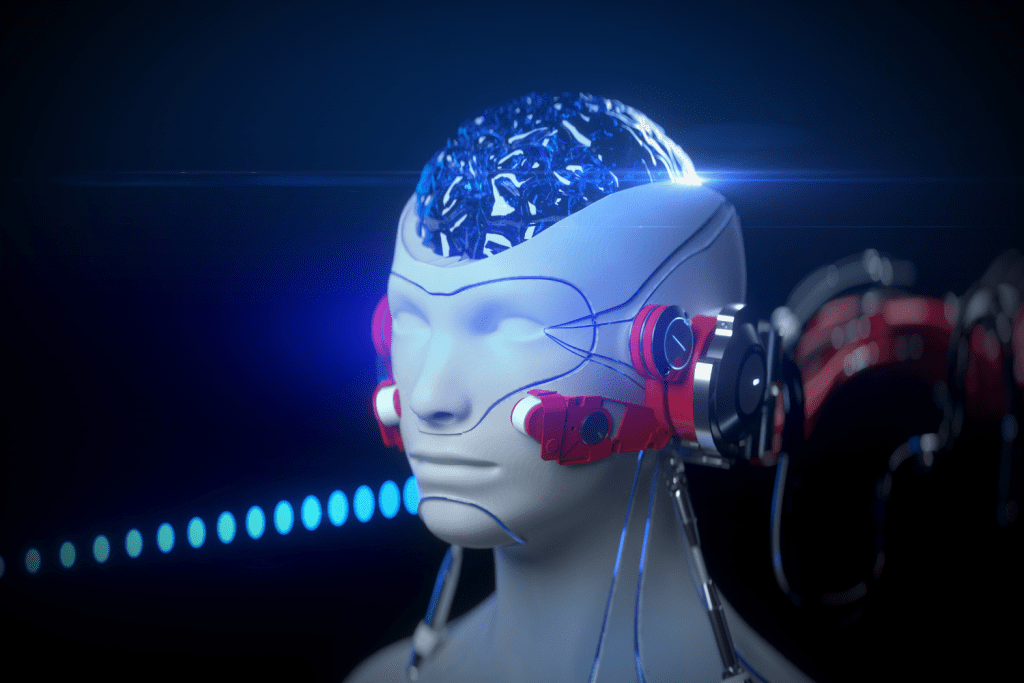
AI-Powered Software: The Future is Here
AI-powered software has transformed various industries and has the potential to revolutionize many more. The following are some ways in which AI-powered software is being used:
Artificial intelligence Powered Business Applications
AI-powered business applications can help in automating various business processes, such as accounting, inventory management, and customer relationship management. This can result in improved efficiency and productivity.
AI-Powered Customer Service
AI-powered chatbots and virtual assistants can provide customers with personalized and efficient service. This can result in improved customer satisfaction and loyalty.
Artificial intelligence Powered Cybersecurity
Artificial intelligence can help in detecting and preventing cyber attacks by analyzing network traffic and identifying anomalies and patterns that may indicate an attack. This can help in improving the security of systems and data.
AI-Powered Healthcare
AI can help in improving healthcare outcomes by analyzing patient data and identifying patterns and trends that may indicate a health issue. This can help in early detection and treatment of diseases and can result in improved patient outcomes.
AI-Powered Smart Homes
AI-powered smart homes use artificial intelligence to automate and optimize various aspects of home living.
Conclusion of Artificial intelligence
artificial intelligence is set to revolutionize the future of software development in ways that were once thought impossible. From improved efficiency and accuracy to predictive analytics and natural language processing, AI has the potential to transform the industry in a wide range of ways. As AI technology continues to evolve, we can expect to see even more innovative and powerful applications of AI in software development in the years to come.
FAQs:
What are the benefits of using Artificial intelligence in software development?
AI can enhance speed and efficiency, improve accuracy and quality, automate code generation, provide intelligent debugging, and offer personalized user experience.
What are the challenges of using Artificial intelligence in software development?
Some of the challenges include data privacy and security concerns, limited access to data, integration with legacy systems, ethical considerations, and skills gap.
What is the difference between Artificial intelligenceand machine learning?
AI (Artificial Intelligence) is a broad field that includes various technologies, including machine learning. Machine learning is a subset of AI that involves training computer algorithms to learn from data and improve over time without being explicitly programmed. In other words, machine learning is a technique that enables computers to learn from data and make predictions or decisions, while AI is a broader field that encompasses many different technologies that enable machines to perform human-like tasks.
Learn more about this subject

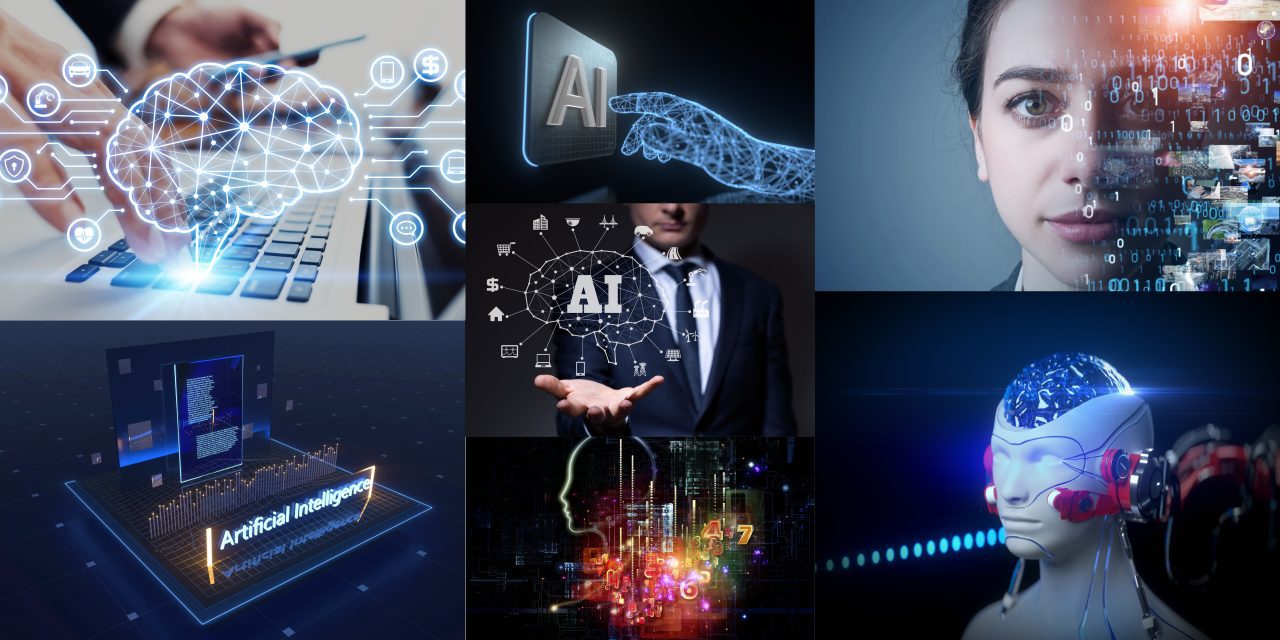

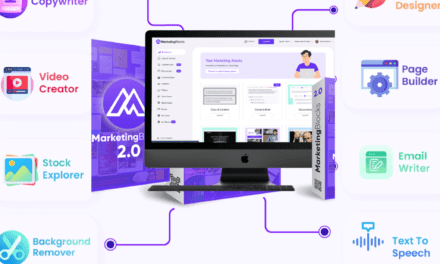
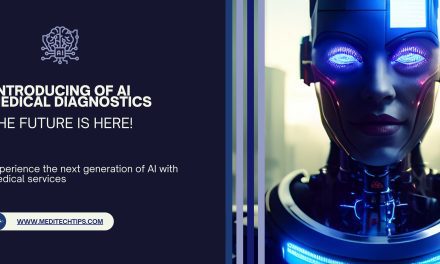


Hi there, You have done an incredible job. I will definitely digg it and personally recommend to my friends. I’m sure they’ll be benefited from this website.
Perfectly composed written content, thankyou for entropy.
I believe other website owners should take this web site as an example , very clean and fantastic user genial layout.
My brother recommended I might like this web site He was totally right This post actually made my day You cannt imagine just how much time I had spent for this information Thanks
I loved even more than you will get done right here. The picture is nice, and your writing is stylish, but you seem to be rushing through it, and I think you should give it again soon. I’ll probably do that again and again if you protect this walk.
I was recommended this website by my cousin I am not sure whether this post is written by him as nobody else know such detailed about my trouble You are amazing Thanks
I really like reading through a post that can make men and women think. Also, thank you for allowing me to comment!
Your point of view caught my eye and was very interesting. Thanks. I have a question for you.
Thanks for sharing. I read many of your blog posts, cool, your blog is very good.
Fantastic site Lots of helpful information here I am sending it to some friends ans additionally sharing in delicious And of course thanks for your effort
Your article helped me a lot, is there any more related content? Thanks!
I was recommended this website by my cousin I am not sure whether this post is written by him as nobody else know such detailed about my difficulty You are wonderful Thanks
I loved as much as youll receive carried out right here The sketch is attractive your authored material stylish nonetheless you command get bought an nervousness over that you wish be delivering the following unwell unquestionably come more formerly again as exactly the same nearly a lot often inside case you shield this hike
obviously like your website but you need to test the spelling on quite a few of your posts Several of them are rife with spelling problems and I to find it very troublesome to inform the reality on the other hand Ill certainly come back again
Wonderful web site Lots of useful info here Im sending it to a few friends ans additionally sharing in delicious And obviously thanks to your effort
I simply could not go away your web site prior to suggesting that I really enjoyed the standard info a person supply on your guests Is going to be back incessantly to investigate crosscheck new posts
Family Dollar This was beautiful Admin. Thank you for your reflections.
After all, what a great site and informative posts, I will upload inbound link – bookmark this web site? Regards, Reader.
Can you be more specific about the content of your article? After reading it, I still have some doubts. Hope you can help me.
Thank you for your sharing. I am worried that I lack creative ideas. It is your article that makes me full of hope. Thank you. But, I have a question, can you help me?
Simply want to say your article is as surprising. The clearness to your publish is simply spectacular and i could think you’re an expert in this subject. Fine together with your permission let me to seize your feed to stay up to date with approaching post. Thanks 1,000,000 and please continue the enjoyable work.
Hello There. I found your blog the use of msn. That is an extremely well written article. I’ll make sure to bookmark it and return to learn extra of your useful info. Thanks for the post. I’ll certainly comeback.
I’d have to examine with you here. Which is not one thing I usually do! I take pleasure in reading a post that may make folks think. Additionally, thanks for permitting me to comment!
Reading The post was like going on a first date with my mind. Excited for the next rendezvous.
The blend of informative and entertaining content is perfect. I enjoyed every word.
I truly appreciate your technique of writing a blog. I added it to my bookmark site list and will
Your article helped me a lot, is there any more related content? Thanks!
Wow, awesome blog layout! How long have you been blogging for? you made blogging look easy. The overall look of your site is magnificent, as well as the content!
I do trust all the ideas youve presented in your post They are really convincing and will definitely work Nonetheless the posts are too short for newbies May just you please lengthen them a bit from next time Thank you for the post
You’ve done a fantastic job of breaking down this topic. Thanks for the clarity!
The depth of The understanding is as mesmerizing as the ocean. I’m ready to dive in.
Your point of view caught my eye and was very interesting. Thanks. I have a question for you.